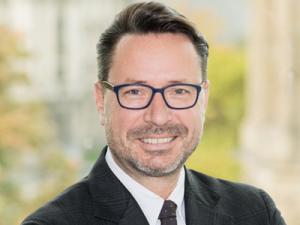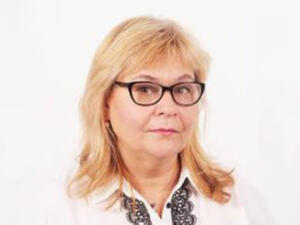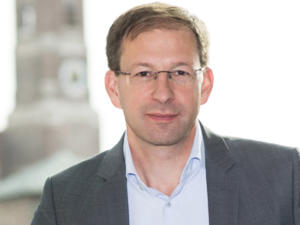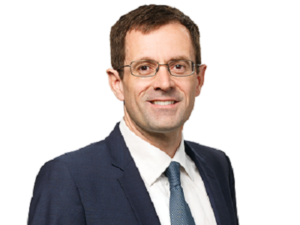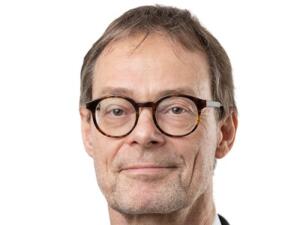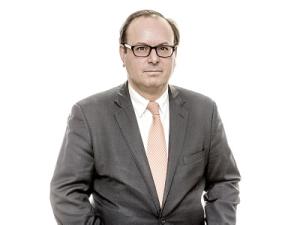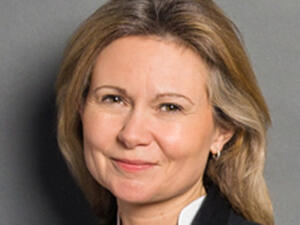No luck for Dexcom at UPC after judgment from Munich local division
Yesterday the Munich local division invalidated a Dexcom patent covering glucose-monitoring technology and rejected the infringement claim against Abbott. It is the division’s first judgement in a main proceeding and the second setback for Dexcom at the UPC.
1 August 2024 by Mathieu Klos
For now, medical devices manufacturer Abbott must not fear a sales stop in the UPC region. Yesterday, the UPC local division in Munich declared Dexcom’s EP 3 797 685 B1 invalid. The patent protects “communication systems between a sensor electronics unit and a display device of an analyte monitoring system”. It is part of Dexcom’s technology for glucose monitoring in diabetic patients.
The panel under presiding judge Matthias Zigann denied an inventive step by the technology set out in the patent (case ID: UPC_CFI_233/2023). Other members of the panel were Tobias Pichlmaier, Tatyana Zhilova and technically qualified judge Alan Dumont. The patent was valid in all 17 UPC member states, including France, Germany, Italy and the Netherlands.
- Matthias Zigann
- Tatyana Zhilova
- Tobias Pichlmaier
At the same time, the judges rejected Dexcom’s infringement claim against ten different subsidiaries of its competitor Abbott. Abbott sells devices featuring a similar glucose-monitoring technology. Dexcom had demanded that Abbott cease its distribution in the 17 UPC member states. Abbott’s product “FreeStyle Libre 2” is the main focus of the dispute.
Dexcom can now appeal the ruling to the UPC Court of Appeal. In view of the global nature of the dispute, this is highly likely.
Second UPC defeat for Dexcom
The two companies have been involved in a bitter global dispute over the technology for years. Besides the UPC, Dexcom and Abbott are fighting before the courts in Germany, Spain, the UK and the EPO. They are also facing off in the US.
At the UPC, Dexcom has claimed infringement of five of its patents, Abbott has claimed infringement of four patents. The parties have filed dozens of counterclaims for revocation. Dexcom struck first in summer 2023, filing infringement actions against Abbott before the Munich local division and Paris local division regarding four patents. A fifth action followed in January 2024 before the Munich local division.
The Paris local division heard the first of these UPC cases on 25 May. Shortly thereafter, the Munich local division heard a second claim by Dexcom on 4 June.
Then, at the beginning of July, The Paris local division declared Dexcom’s EP 3 435 866 invalid. Thus Dexcom’s first attempt to sue Abbott at the UPC for infringing one of its glucose-monitoring patents failed. It is very likely that Dexcom will also appeal this decision in the coming weeks.
Yesterday’s ruling from Munich is now the second setback for Dexcom at the UPC. The company has three more opportunities to land an injunction at the UPC. However, according to JUVE Patent information, the next round in the dispute will play out at the Munich Regional Court in September, when judges will hear a national lawsuit brought by Dexcom.
Numerous rulings by national patent courts in the past have not yet led to a settlement, or any other solutions.
Injunction restraint
The Munich local division’s decision is only the third injunction judgment of the UPC ever. For the local division, it is the first decision in main proceedings. So far, the local division has ruled on PI applications, for example last autumn in the dispute between 10x Genomics and NanoString.
At present, the UPC remains reluctant to issue permanent injunctions with Europe-wide effect. Of the three decisions by the Düsseldorf, Paris and Munich local divisions, only the decision by the Düsseldorf local division resulted in an injunction. This was issued against Bette, a German manufacturer of bathroom equipment, in a case brought by Kaldewei.
The local divisions in Paris and Munich, on the other hand, revoked the respective patent of Dexcom. They did not rule on infringement and injunction.
Balance sheet after five main decisions
Recently, there were two further main decisions in isolated revocation claims by the UPC central division: The Munich central division revoked a patent owned by Amgen, while the Paris central division upheld a patent owned by Edwards Lifesciences.
The UPC has thus published its first five decisions in main proceedings this July. So far the balance stands at one Europe-wide injunction, two patents upheld and three revoked.
UPC debut for Betten & Resch with Abbott
While Dexcom and Abbott turned to their regular advisors, who were already active in the Paris proceedings, Abbott also retained the Munich patent attorney firm Betten & Resch for the Munich proceedings. The case was the firm’s first at the UPC.
- Dietrich Kamlah
- Alexander Esslinger
- François Pochart
Betten & Resch is also one of Abbott’s go-to firms and is active for the company in German proceedings. However, according to JUVE Patent information, this was patent attorney Alexander Esslinger’s first public appearance at the UPC.
Taylor Wessing has the lead for Abbott in the dispute with Dexcom. Nine out of ten Abbott subsidiaries instructed teams from the law firm. These include Gisbert Hohagen, Dietrich Kamlah and Christian Lederer from Germany, Christian Dekoninck from Brussels, Thomas Adocker from Vienna, Wim Maas from Amsterdam and Eelco Bergsma from Eindhoven.
Taylor Wessing teams are also representing Abbott in all other proceedings in Europe, including a team from the London office.
- Marcus Grosch
- Anne-Charlotte Le Bihan
As in the Paris proceedings, Abbott France relies on François Pochart’s Paris practice of August Debouzy.
In the Munich proceedings, Dexcom relies on Quinn Emanuel. A team around lead partner Marcus Grosch represents Dexcom in all German UPC claims, as well as in all national proceedings. A Bird & Bird team around partner Anne-Charlotte Le Bihan and Laurent Labatte represented claimant Dexcom in the French UPC cases.
